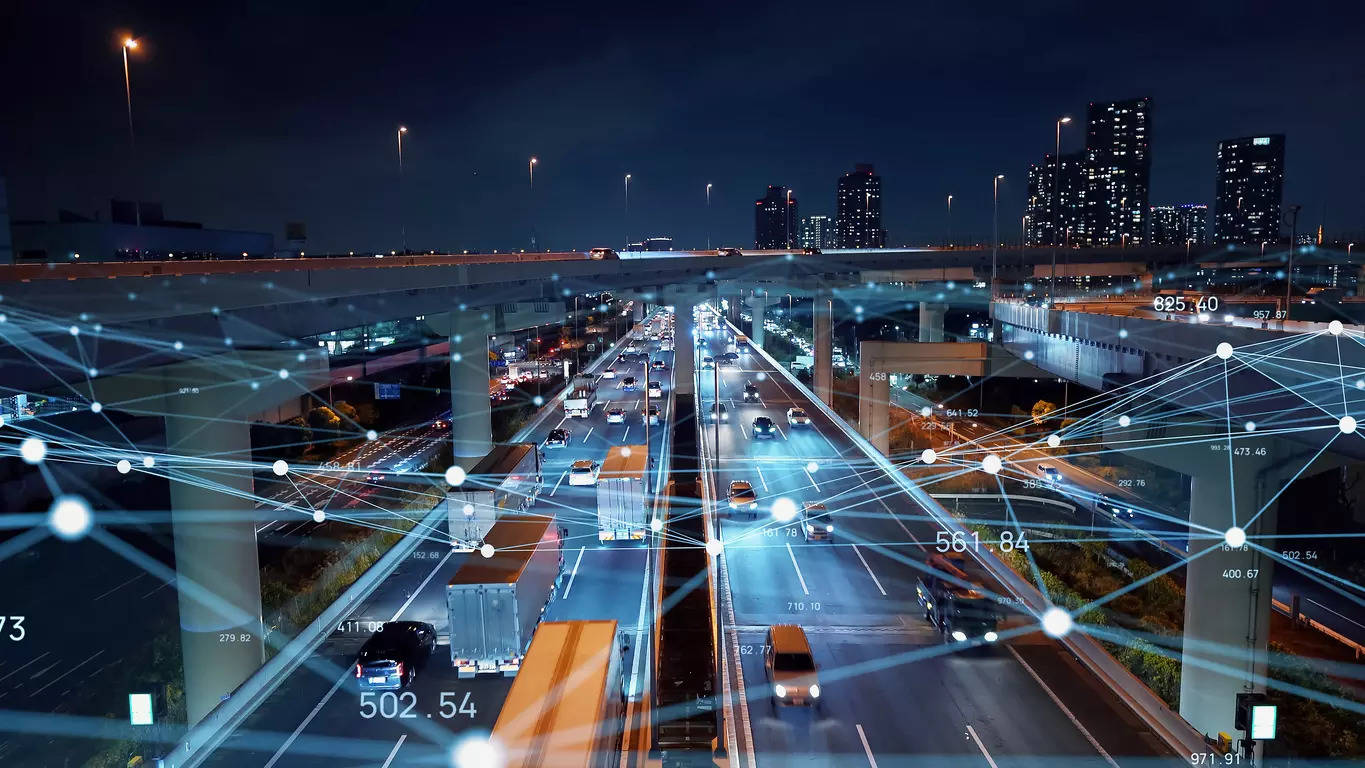
At the 9th edition of the ETAuto EV Conclave 2024 held in New Delhi, Sajid Malik, Chairman and Managing Director of Genesys International Corporation, explored how advancements in navigation and mapping technologies are reshaping mobility in India and beyond. Speaking on the intersection of electric vehicles (EVs), mapping, and technology, he stated, “Location intelligence has become key to mobility itself,” underlining a shift not only toward sustainable transport but also toward redefining how people interact with mobility solutions.Malik delved into the influence of mapping on transportation, highlighting that location intelligence is now central to mobility, with one in three mobile searches being location-related.
AI-powered navigation
One of the key developments showcased during the event was the introduction of India’s first AI-powered navigation assistant, offering a transformative approach to travel. Named Genie, the system combines real-time adaptability with enhanced user engagement, enabling users to curate personalised itineraries, discover local attractions, and manage detours based on live traffic updates and individual preferences.
An interactive video demonstrated Genie in action, showcasing its ability to craft an itinerary in Mumbai by recommending quiet workspaces, coffee spots, and scenic routes. The assistant ensures users can maximise their productivity and leisure time while navigating effortlessly.
Digital twin and highway safety
The session also addressed challenges related to road and highway safety in India’s rapidly expanding road network. Another highlight was the introduction of Genesis Digital Twin, a hyper-accurate virtual replica of real-world geography mapped to a precision of 5 centimeters. This cutting-edge innovation aims to enhance highway safety by tackling risks associated with evolving driving behaviors and infrastructure upgrades.
Smart solutions for EV challenges
The talk concluded with a focus on technology’s pivotal role in overcoming environmental and logistical hurdles. Malik observed how geography is no longer static; it’s becoming real-time and dynamic, emphasising the potential of mapping innovations in addressing key EV challenges such as range anxiety and charging infrastructure.
“This isn’t just about moving from point A to B; it’s about creating a seamless, stress-free travel experience,” Malik concluded, explaining how these technologies could redefine India’s EV ecosystem. This approach shows how mapping, AI, and location intelligence are not just enhancing mobility but also laying the groundwork for a more sustainable and innovative future.


